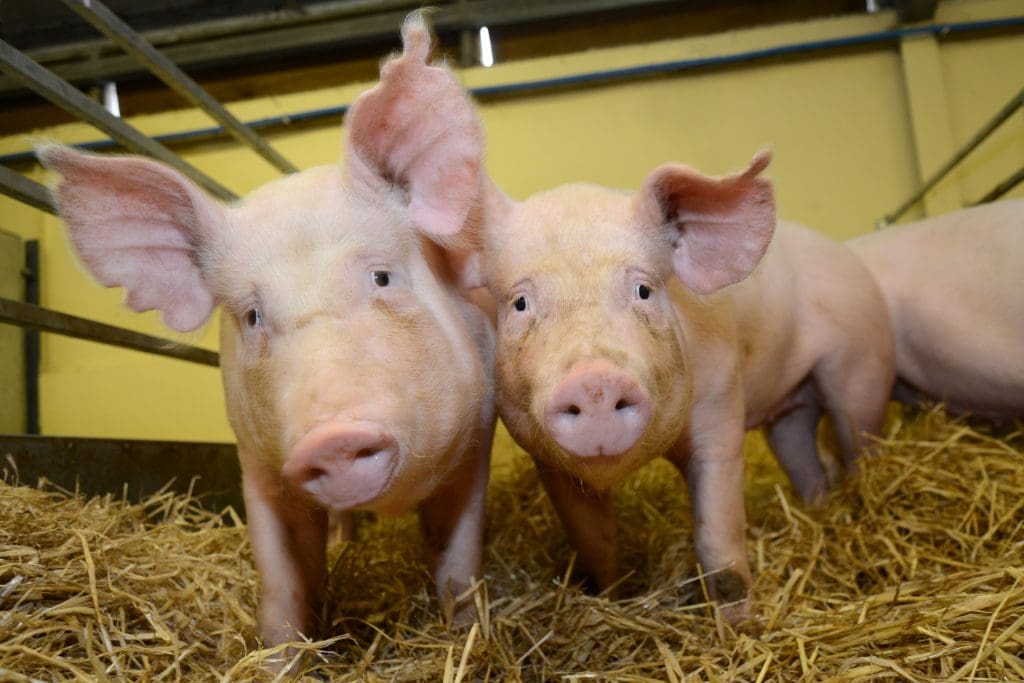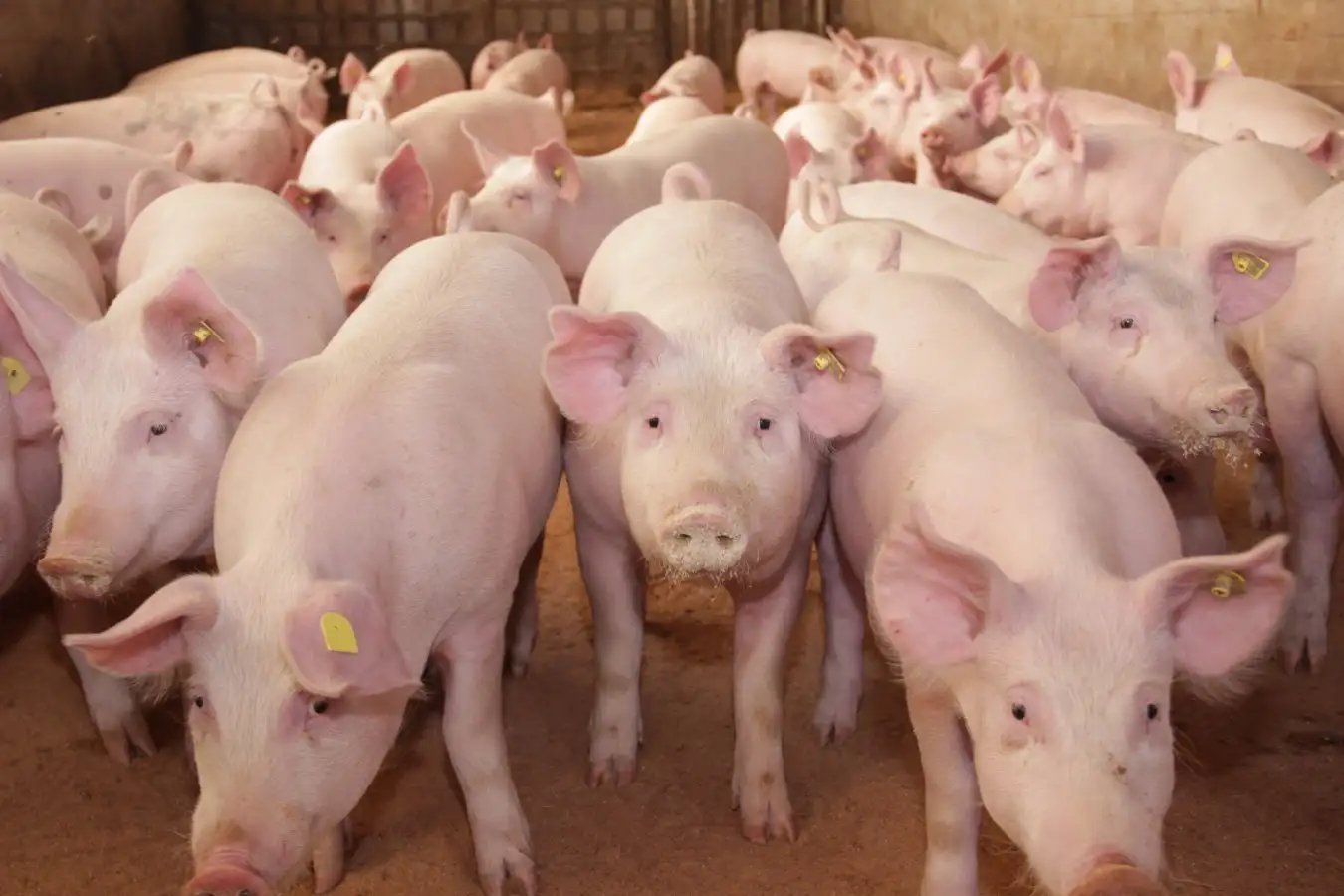In a world-first breakthrough, researchers at Edinburgh’s Roslin Institute have engineered pigs completely resistant to classical swine fever, paving the way for stronger, disease-proof livestock.
In a groundbreaking step toward safeguarding global livestock, scientists have successfully created pigs resistant to classical swine fever (CSF) through precise gene editing — a milestone that could transform animal agriculture and disease prevention worldwide.
Researchers at the Roslin Institute in Edinburgh, known for pioneering animal genetics research, confirmed that the genetically modified pigs remained completely healthy when exposed to the highly contagious and often fatal virus. The disease, which can devastate pig populations, has historically forced mass culling during outbreaks.

The research team focused on altering the DNAJC14 protein, which is crucial for pestivirus replication. Laboratory tests showed that the edited pigs displayed no signs of infection or viral presence in their blood, even after controlled exposure to the pathogen.
Dr. Helen Crooke, deputy leader of virology at the Animal and Plant Health Agency (APHA), hailed the innovation as a significant stride in livestock protection. “This development could bolster the resilience of the livestock sector to a disease that continues to threaten pork production globally,” she said.
The project’s lead researcher, Dr. Simon Lillico, emphasized the ethical importance of such work, telling The Guardian: “There is a moral imperative that if we can make animals that are disease resistant, then we probably should do so.”
Classical swine fever causes severe fever, skin lesions, and high mortality within 15 days of infection. While the UK has been free of the disease since 1966, it remains a persistent threat in many parts of the world, including Asia and Eastern Europe.
This scientific milestone follows recent regulatory approvals for gene-edited livestock in countries such as the United States, Japan, and Brazil, signaling growing global acceptance of precision breeding techniques.
The Roslin Institute team also suggested that the same genetic modification could potentially protect cattle and sheepagainst related viral infections, with further research already underway.
Commercial partner Genus, a global leader in livestock genetics, is developing similar disease-resistant pigs for porcine reproductive and respiratory syndrome (PRRS), with plans to introduce them to the American market by 2026.
Experts say this achievement could mark the beginning of a new era in animal health — one where science helps end the cycle of disease outbreaks, culling, and loss that has long plagued the livestock industry.




